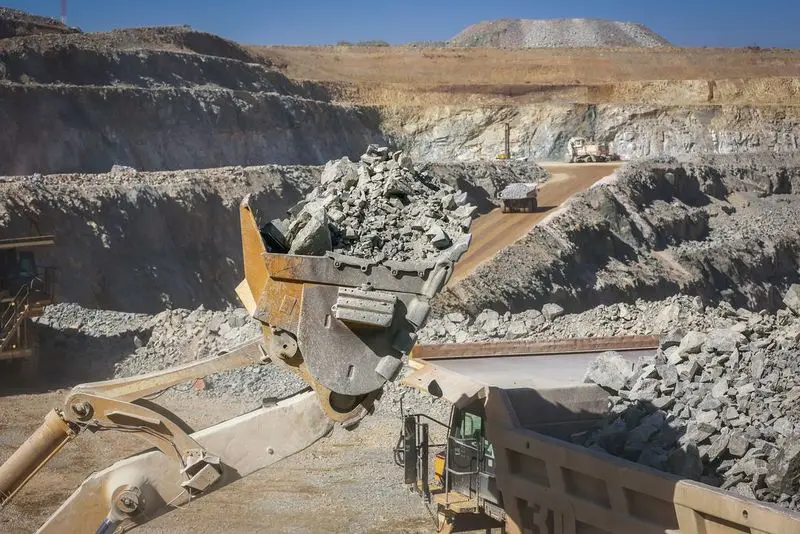
Acacia Mining Seeks Arbitration After Tanzania Tears Up Mining Contracts
In a dramatic escalation of the ongoing dispute between Acacia Mining and the Tanzanian government, the London-listed company has announced its intention to pursue international arbitration following the government’s decision to unilaterally terminate its mining contracts.
Contract Termination
The Tanzanian government, under President John Magufuli, has taken a hardline approach against Acacia Mining, accusing the company of tax evasion and environmental violations.
In a surprising development, the government has unilaterally terminated Acacia’s mining contracts, citing the company’s failure to resolve longstanding tax disputes.
Tax Disputes
The tax disputes between Acacia Mining and Tanzania have been ongoing since 2017, when the government imposed a staggering $190 billion tax bill on the company.
Acacia has consistently denied these allegations, asserting that it has fully declared all revenues and paid the appropriate taxes.
Despite numerous attempts at negotiation, the parties have been unable to reach a resolution, leading to the government’s decision to terminate the mining contracts. This action effectively strips Acacia of its legal rights to operate in Tanzania.
Seeking Arbitration
In response to the government’s unilateral termination of its contracts, Acacia Mining has announced its intention to seek international arbitration through the London Court of International Arbitration (LCIA).
The company contends that the termination of its contracts constitutes a clear violation of its legal rights and is pursuing arbitration to protect its interests.
Implications for the Mining Sector
The dispute between Acacia Mining and Tanzania carries significant implications for the mining sector in the country.
The government’s hardline stance and willingness to unilaterally terminate contracts may deter future foreign investment, as investors could become wary of the risks associated with operating in Tanzania.
Furthermore, the dispute underscores the need for clear and transparent regulations in the mining sector, as well as the importance of maintaining a stable and predictable legal environment for businesses.
Conclusion
Acacia Mining’s decision to seek international arbitration represents a bold response to the Tanzanian government’s aggressive actions.
The outcome of the arbitration process is likely to have far-reaching consequences for both the company and the broader mining sector in Tanzania. As the dispute progresses, it remains to be seen whether a resolution can be reached that addresses the concerns of both the government and the company.





